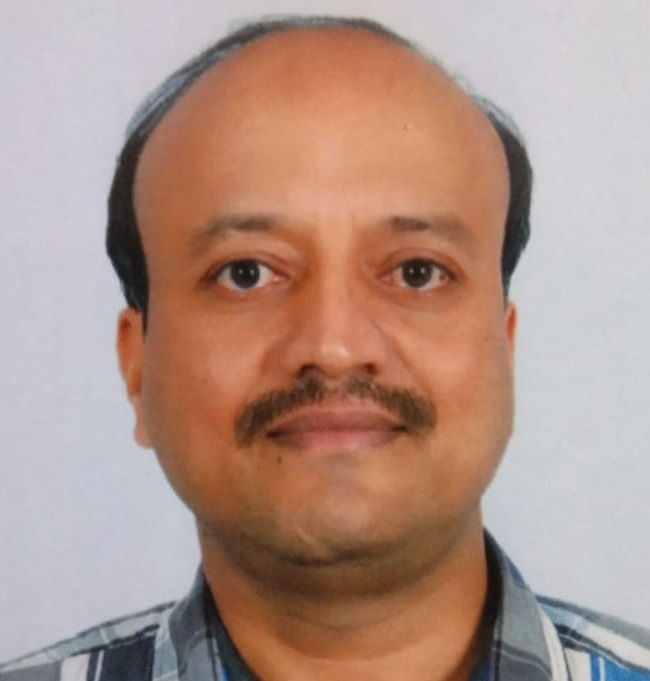Sippy murder case: No proof of apprising accused of polygraph test rights says Expert
Dr Amod Kumar Singh, Deputy Director, CFSL, New Delhi, who conducted the polygraph examination of Kalyani Singh, accused in the murder case of advocate Sukhmanpreet Singh Siddhu, alias Sippy Sidhu, said that he had nothing in writing to show that he had apprised the accused of her right to undergo or refuse the examination. He said that he had explained to her orally.
The defence lawyers conducted cross examination of Dr Singh in the court today. He said that he had taken the consent of the accused for the examination. The consent had already been recorded by the court. He said that the accused was brought to his office on November 13, 2017, by the investigating officer of the case. He said that the court had taken consent of the accused for the same on September 12, 2017.
During the examination-in-chief, Dr Singh in October had told the court that during the polygraph examination Kalyani was asked 12 questions, which were answered by her in ‘no’. Her polygrams were analysed and it was opined that her responses to certain questions were found deceptive and responses to three questions were found inconclusive. He said that all these aspects have been mentioned in detail in his report.
The CBI had arrested Kalyani on June 15, 2022, on the allegation of murdering Sippy Sidhu in Sector 27 park on the night of September 20, 2015.
Meanwhile, the prosecution examined nodal officer, BSNL, Ajay Kumar, who confirmed that the mobile number SIM was subscribed by Raj Kumari on November 15, 2014. Raj Kumari was former special secretary to retired woman judge of Punjab and Haryana High Court and mother of Kalyani. In the examination conducted in September Raj Kumari had told the CBI court that the retired judge had asked her in 2014 to purchase a BSNL SIM.
Accused said no to 12 questions in polygraph
Dr Amod Kumar Singh, Deputy Director, CFSL, New Delhi, in October had told the court that during the polygraph examination Kalyani was asked 12 questions, which were answered by her in ‘no’. Her polygrams were analysed and it was opined that her responses to certain questions were found deceptive and responses to three questions were found inconclusive.









